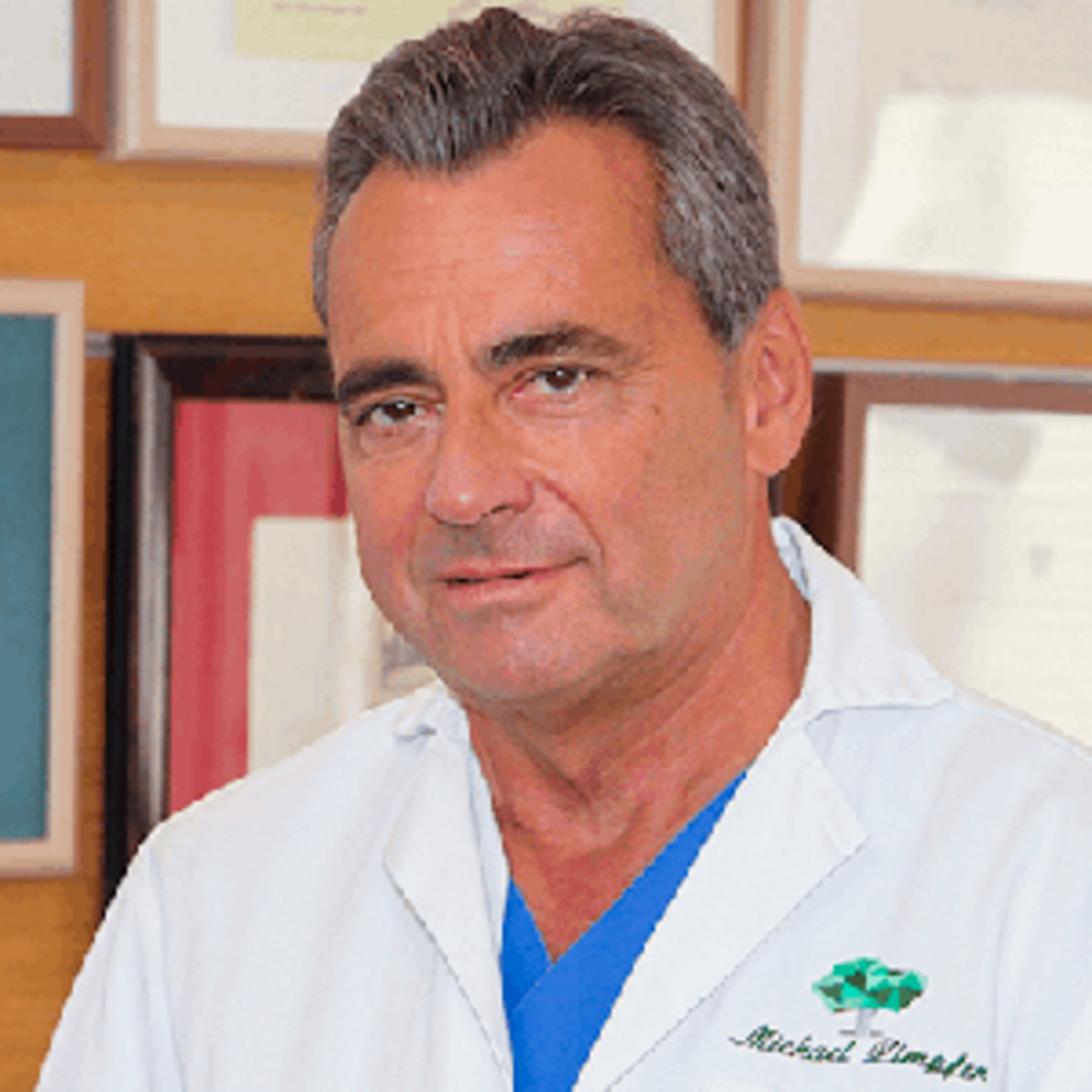Specialists in Headache
4 Specialists found
Information About the Field of Headache
What Are Headaches?
Headaches (medically cephalgia) describe a sensation of pain in the area of the head. They are one of the most common forms of pain and are caused by irritation of the pain-sensitive tissues in and around the head. These tissues include the meninges, the walls of the blood vessels, and the cranial nerves. The brain itself has no pain receptors and is therefore unable to send pain signals which cause headaches. Backgrounds for the development of headaches are numerous and can be roughly divided into primary (i.e., with headache as the main disease) or secondary (i.e., as a consequence of another disease).
What Are the Different Types of Headache Disorders?
Primary headache disorders include migraine, cluster headache, and tension headache. The headache is the leading symptom, and there are no other secondary diseases that could trigger headaches. Disease patterns with headache as a secondary disease are, for example, meningitis, encephalitis, or some tumor diseases. Headaches can also occur after head injuries, such as craniocerebral injury. In addition, circulatory disorders of the head region also lead to pain.
Causes of Headaches
As mentioned earlier, the causes of headaches are numerous. Head injuries, infections, tumor diseases, and circulatory disorders describe only a part of the possible triggers. In the case of migraine or cluster headaches, the exact cause is still unclear, but it seems to be a combination of genetic influences and environmental factors. The exact cause of the most common type of headache, tension headaches, is also still unclear. In addition, some medications and other substances (or their withdrawal), such as alcohol or nicotine, can lead to headaches.
Which Headaches Require Seeing a Doctor?
Not every headache is dangerous. In most cases, it is a harmless tension headache that regresses on its own. However, there are some signs of a potentially dangerous cause of the headache that require medical evaluation. Sudden onset, extremely severe headaches that have never occurred in this form before should be medically clarified as soon as possible. They can be an indication of life-threatening bleeding in the skull. Headaches in combination with fever and neck stiffness should also be investigated, as they may be caused by meningitis. Additional symptoms such as facial paralysis, vision loss, numbness, or nausea should also be clarified. These symptoms may also indicate other serious brain diseases or emergencies.
What Can Help Against Headaches? What Treatment Methods Are Available?
Unless the headache is due to a severe illness, lifestyle changes may be sufficient to treat it initially. These include improving posture at work, regular light endurance exercise, and stress management measures. In acute pain episodes, self-medication with mild painkillers such as ibuprofen or aspirin is usually sufficient. Psychotherapy or therapeutic methods for muscle relaxation, such as biofeedback, can also provide long-term relief. In the case of regularly occurring or severe headaches, a visit to the doctor is nevertheless advisable to get to the bottom of the exact cause and prevent chronic illnesses.
Rehab and Prognosis
In the case of chronic headache disorders or migraine, rehabilitation can help cope better with restrictions in everyday life. An additional mental illness is also considered an indication for a stay in rehab. In the rehabilitation clinic, a combination of drug treatments and other therapy methods is used to improve the holistic understanding of the disease and counteract it. Usually, the therapy plan is composed of sports sessions, behavioral therapy, relaxation methods, and specialist care. In chronic headache disorders, the prognosis varies greatly, and in most cases, it must be assumed that the risk of a headache attack will last a lifetime. Permanent therapy procedures and a stay in rehab can help to prevent the pain attacks and enable an everyday life as far as possible.
Which Doctors and Clinics are Headache Specialists?
First of all, as with most illnesses, it is advisable to talk to your general practitioner. He or she can already give an initial assessment of whether a lifestyle change is sufficient for treatment or if further treatment by other specialists is necessary. Depending on the cause, further treatment may be provided by neurologists, psychiatrists, or even orthopedic specialists. A stay in rehab usually takes place in facilities specially designed for pain therapy. On-site, there is a team of specialists of different disciplines, physiotherapists, occupational therapists, and nursing staff.
Every patient who needs a doctor wants the best medical care. Therefore, the patient is wondering where to find the best clinic. This question cannot be answered objectively, and a reliable doctor would never claim to be the best one, we can only rely on a doctor's experience.
We will help you find an expert for your condition. All listed doctors and clinics have been reviewed by us for their outstanding specialization in headaches and are awaiting your inquiry or treatment request.
Sources



